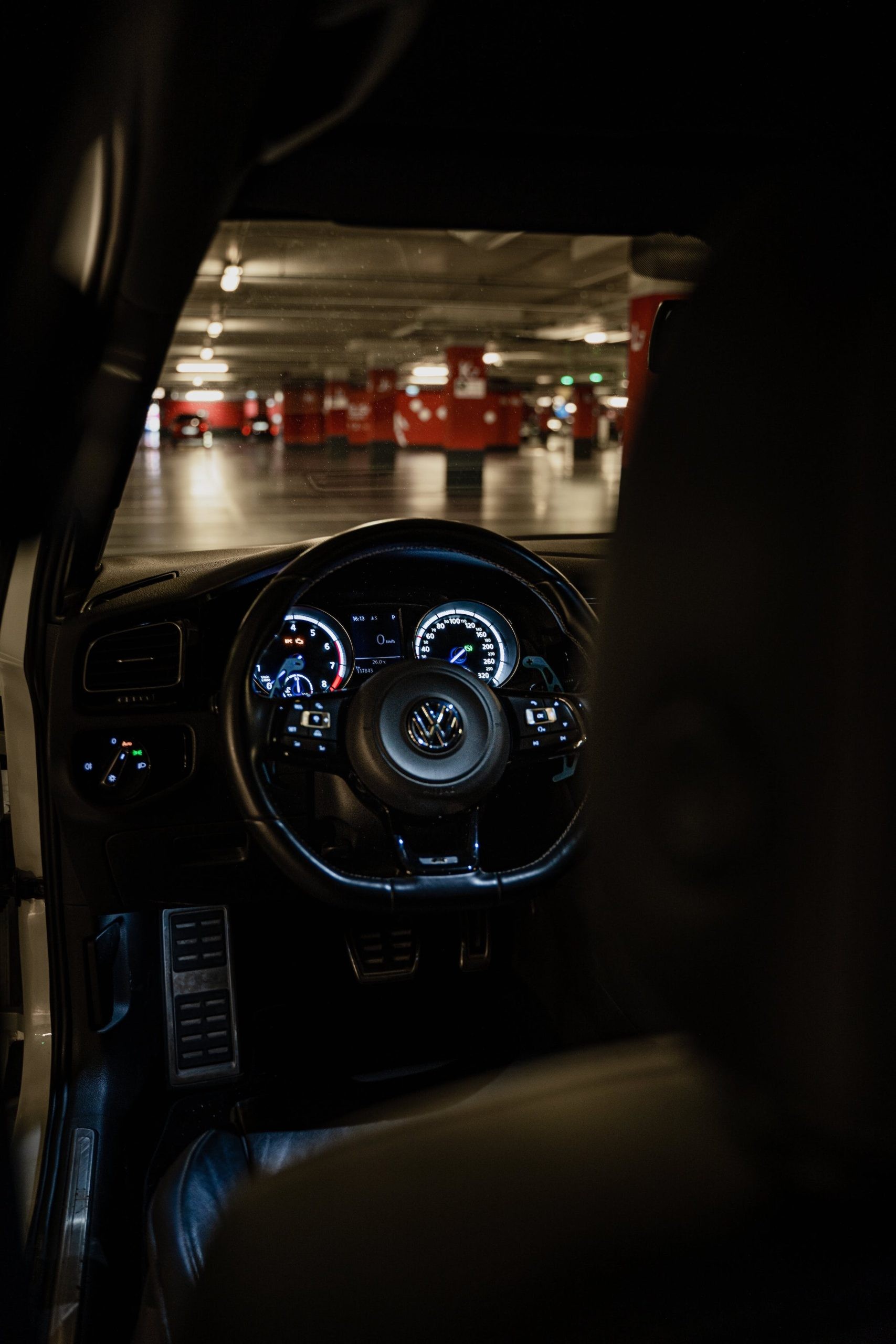The Anti-lock Braking System (ABS) light on your Volkswagen dashboard is a crucial safety indicator. Understanding what triggers this warning and how to address it can ensure your safety and prevent costly repairs. This guide provides a comprehensive overview of the Vw Abs Light, its implications, and steps to take when it illuminates.
Understanding the VW ABS System
The ABS in your Volkswagen is a vital safety feature designed to prevent wheel lockup during hard braking. By rapidly modulating brake pressure, the ABS allows you to maintain steering control and avoid skidding. This system relies on sensors to monitor wheel speed, a control module to process the data, and the hydraulic system to adjust brake pressure accordingly. A malfunction in any of these components can trigger the VW ABS light.
Why is My VW ABS Light On?
Several factors can cause the ABS light to illuminate on your Volkswagen dashboard. Common culprits include:
- Low Brake Fluid: Insufficient brake fluid levels can hinder the ABS system’s ability to function correctly. Always check your brake fluid reservoir and top it off if necessary.
- Faulty ABS Wheel Speed Sensor: These sensors monitor the rotational speed of each wheel. A malfunctioning sensor can disrupt the ABS control module’s calculations, triggering the warning light. Corrosion, damage, or debris buildup can affect sensor performance.
- Damaged ABS Control Module: This module acts as the brain of the ABS system, processing sensor data and controlling brake pressure. A faulty module can lead to erratic ABS behavior or complete system failure.
- Wiring Issues: Damaged or corroded wiring within the ABS system can disrupt communication between components, causing the ABS light to come on.
- Worn-Out Tires: Uneven tire wear or significantly worn tires can affect wheel speed readings, potentially triggering the ABS light. Maintaining proper tire pressure and regular tire rotations can help prevent this.
What to Do When Your VW ABS Light Comes On
If your VW ABS light illuminates, it’s crucial to take action:
- Pull Over Safely: Find a safe location to park and assess the situation.
- Check Brake Fluid: Inspect the brake fluid reservoir. If the level is low, carefully add brake fluid designed for your Volkswagen model.
- Restart Your Car: Sometimes, a temporary electrical glitch can trigger the ABS light. Restarting your car might resolve the issue.
- Inspect Tires: Visually examine your tires for signs of uneven wear, damage, or low tire pressure.
- Seek Professional Help: If the ABS light persists, do not delay. Schedule an appointment with a qualified Volkswagen technician for a comprehensive diagnosis. Driving with a faulty ABS system compromises your safety.
 Mechanic inspecting the braking system of a Volkswagen.
Mechanic inspecting the braking system of a Volkswagen.
VW ABS Light: Importance of Professional Diagnosis
While basic troubleshooting steps can be helpful, a professional diagnosis is essential to pinpoint the exact cause of the VW ABS light. Volkswagen technicians have specialized tools and expertise to identify and resolve complex ABS issues. They can perform diagnostic scans, inspect system components, and carry out necessary repairs to restore your vehicle’s safety.
Preventing VW ABS Light Issues
Regular maintenance plays a vital role in preventing ABS problems. Adhering to Volkswagen’s recommended service schedule, including brake inspections and fluid flushes, can help keep your ABS system in optimal condition.
Conclusion: Addressing Your VW ABS Light
The VW ABS light serves as a critical warning signal. Understanding its potential causes and taking appropriate action can ensure your safety on the road. Never ignore an illuminated ABS light. Prompt diagnosis and repair by a qualified technician are essential to restore your Volkswagen’s braking performance and overall safety.

